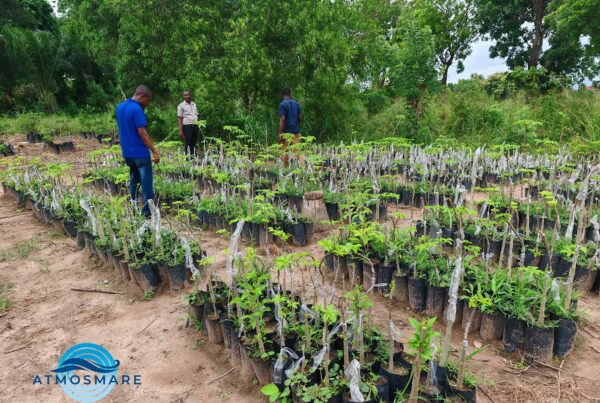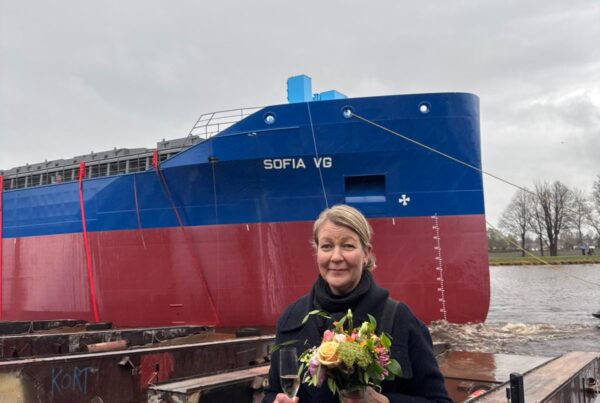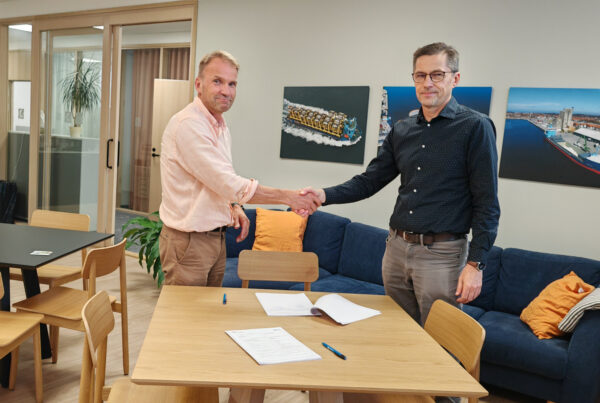Sewage from cargo ships may be legally discharged into the Baltic Sea, although it accelerates eutrophication. The Baltic Sea Action Group is bringing together cooperation parties for the new Ship/t Waste Action that produces biogas from sewage discharged by ships at the port. Meriaura Group participates in the circular cooperation.
The cooperation promotes the circular model of turning sewage into biogas that will be used as fuel by heavy traffic. The Ship/t Waste Action cooperation develops waste value chains between different parties, and the port of HaminaKotka is the first location.
Wastewater and food waste contain, for example, nutrients, bacteria, fats, chemicals and microplastics. If wastewater and food waste are discharged into the sea, they accelerate two of the worst problems of the Baltic Sea: eutrophication and oxygen depletion.
There are approximately 2,000 ships operating in the Baltic Sea every moment, and 95 % of these are cargo ships. Approximately 25,000 seafarers sail on the ships. It is legal to discharge greywater, sewage and ground food waste into the Baltic Sea.
“For us at Meriaura, sustainability starts where legislation ends. We want to be pioneers in preventing discharges from all vessels, and we hope other shipping companies will also take voluntary measures for sustainable waste recovery,” says Mia Hytti, Sustainability Specialist at Meriaura.








